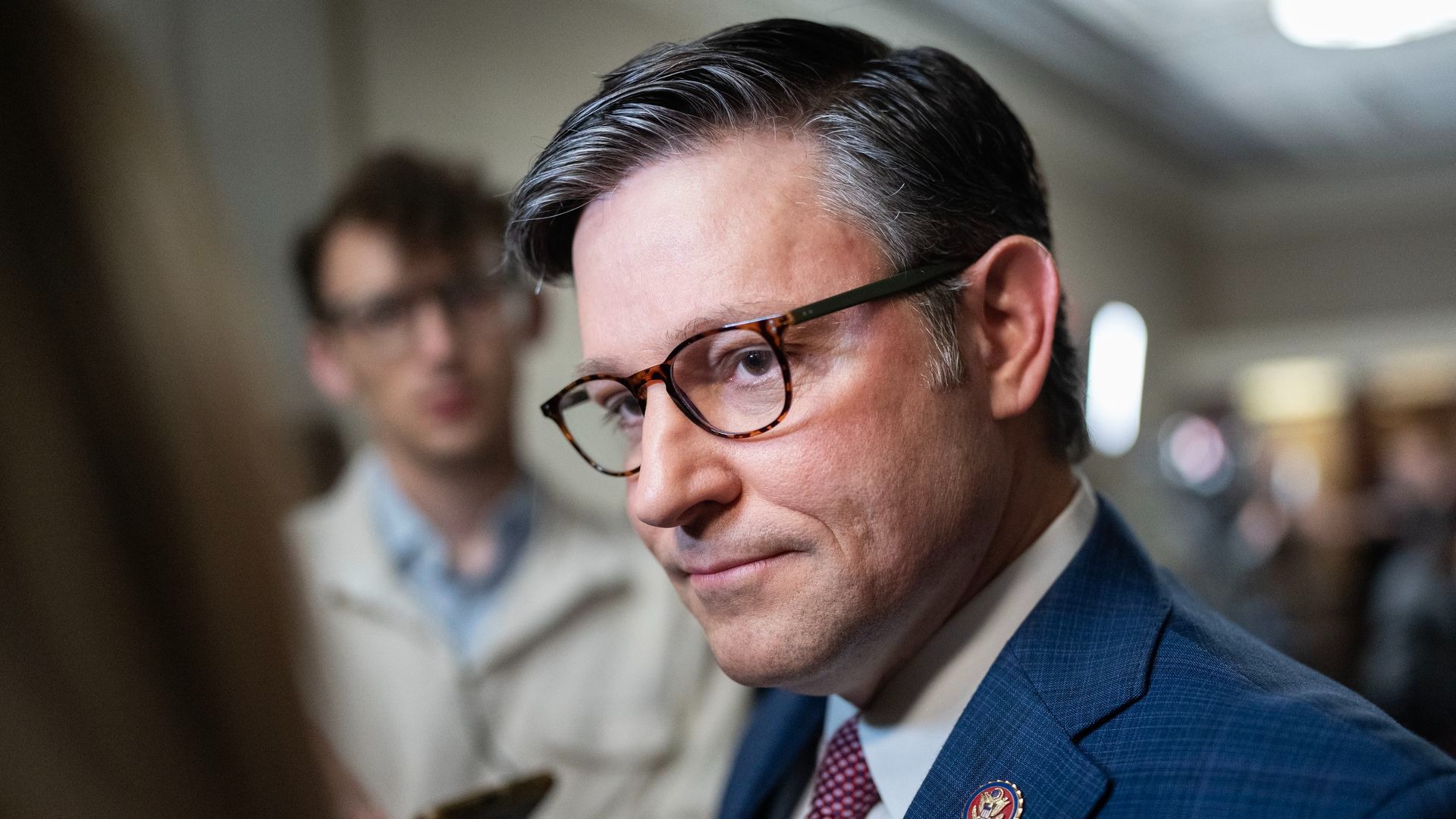House Speaker Mike Johnson, R-La., is set to meet with former President Donald Trump in Florida, sparking speculation about whether he will clear a vote on legislation providing military aid for Ukraine.
This meeting comes despite visits by foreign officials, including Japanese Prime Minister Fumio Kishida, who have appealed to congressional Republicans to approve more aid for Ukraine.
Despite calls from international leaders to support Ukraine, Johnson has hesitated to allow a House vote on legislation passed by the Democrat-led Senate, which provides $60 billion in aid for Ukraine. His meeting with Trump raises questions about whether Trump’s influence will sway Johnson’s decision.

Trump has been critical of U.S. support for Ukraine in its conflict with Russia and has expressed his belief that he could end the conflict quickly if elected. This stance contrasts with the appeals from foreign leaders, such as Ukrainian President Volodymyr Zelenskyy, who have urged allies to fulfill their promises of military aid.
The national security spending bill, which includes aid for Ukraine, Israel, and Taiwan, passed the Senate with bipartisan support. However, Johnson’s reluctance to bring it to a vote in the House has drawn criticism from Democrats and Senate Majority Leader Chuck Schumer, who emphasize the urgency of providing assistance to Ukraine.
Johnson’s meeting with Trump also comes despite internal tensions within the Republican Party, particularly regarding Ukraine aid. Firebrand Georgia Rep. Marjorie Taylor Greene, a staunch Trump ally, opposes Ukraine aid and has threatened to seek Johnson’s removal as speaker if the spending bill passes.

Foreign leaders’ visits to Washington to advocate for Ukraine’s assistance reflect deep concerns, particularly in Europe, about Ukraine’s ability to withstand Russian aggression without support from the U.S. Despite the unusual nature of these visits, some lawmakers welcome the attention and emphasize the importance of U.S. leadership in global affairs.
Johnson’s decision on whether to allow a vote on Ukraine aid could be influenced by Trump’s position, highlighting the former president’s continued influence within the Republican Party. As Trump remains a key figure in shaping Republican priorities, his stance on Ukraine aid may sway party members’ decisions.


